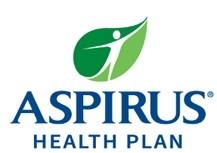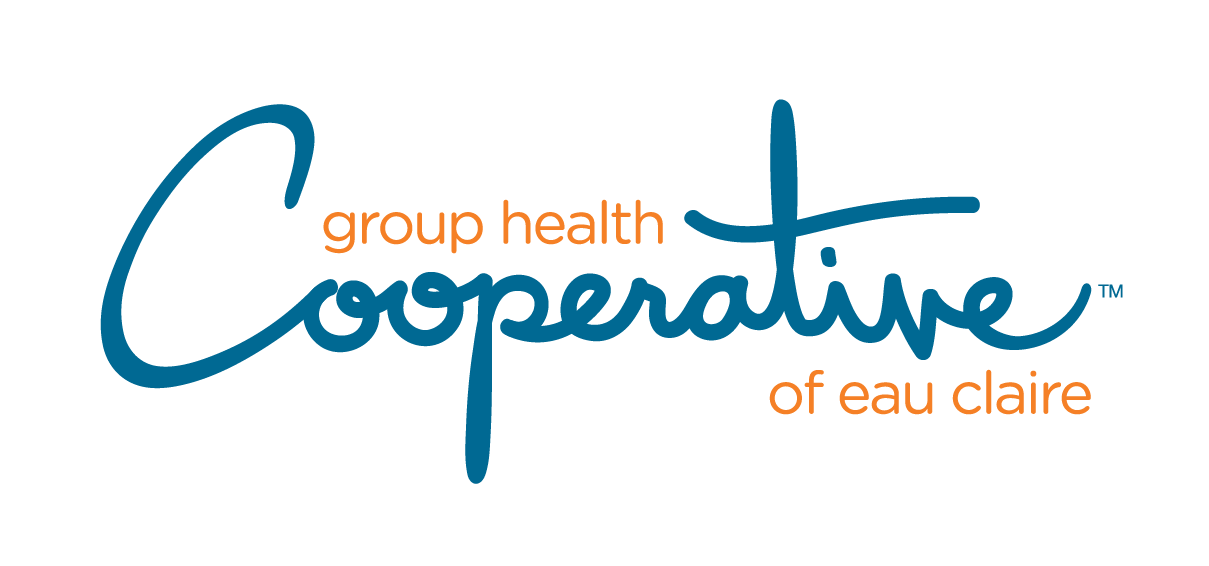February 15, 2018
Among the myriad health issues that remain unresolved by policymakers in Washington is how to stanch the unrelenting toll of our nation’s opioid epidemic.
Drug overdoses are now the leading cause of death for Americans under 50. In 2016, the overdose rate increased by 28 percent over the previous year, claiming 42,000 lives—or 174 each day. And in the wake of the opioid and addiction crisis, the United States has now recorded the second straight year of declining life expectancy in more than a half century.
In October, President Trump drew valuable attention to the problem by declaring a public health emergency, although it did not come with financial support for the people and communities on the front lines.
In this sea of bad news, there is one bright spot in the policy world we must be sure to protect: the unique and central role Medicaid plays in providing substance abuse prevention and treatment, particularly in states that have expanded Medicaid coverage.


































